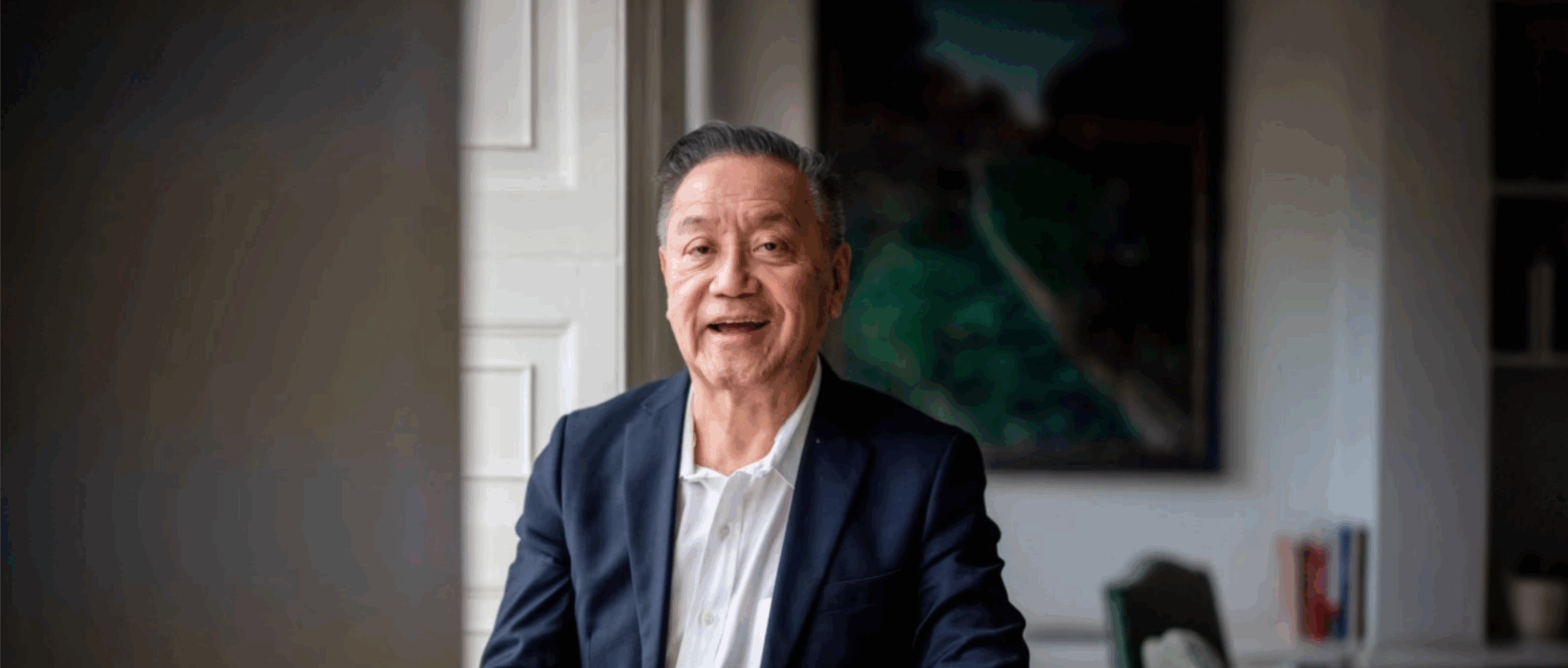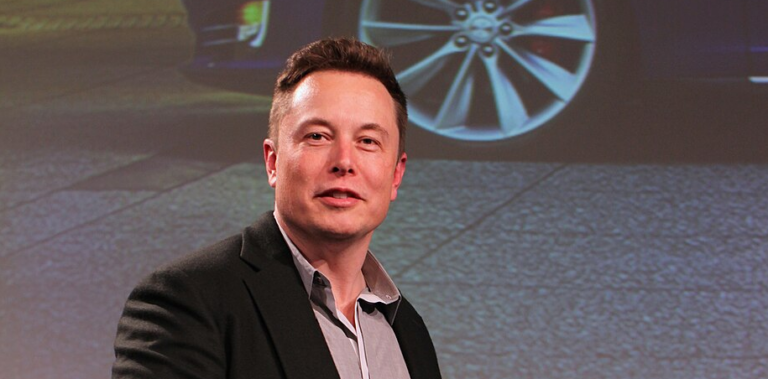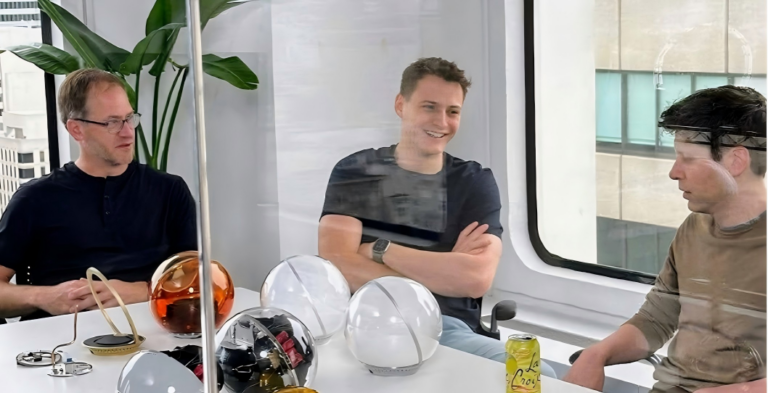Command Palette
Search for a command to run...
Who Will Be Most Affected by the H-1B Visa Ban Signed by Trump?
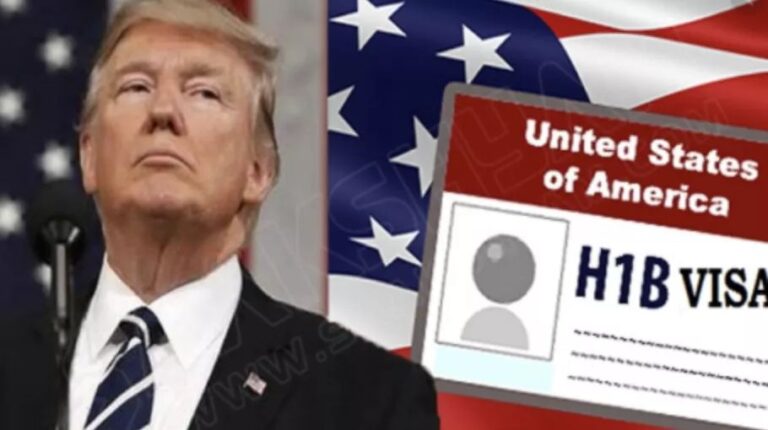
The Trump administration has recently signed an order that prohibits the issuance of new H-1B and H-2B visas. The ban takes effect today and will last until the end of the year. What is the reason for this ban? What impact will it have?
On June 22, local time, US President Trump signed an executive order "Proclamation Suspending Entry of Aliens Who Presents a Risk to the US Labor Market Following the Coronavirus Outbreak".

The order prohibits the issuance of new work visas and suspends the entry of some work visa holders.This includes H-1B or H-2B, J, and L visa holders, and any foreign nationals accompanying them.
As soon as the ban was issued, it caused an uproar on various media and social platforms.
Key points of the ban
This ban has been rumored for a long time and has now been officially issued. It will take effect at 0:01 a.m. Eastern Time on June 24 and will last until December 31, 2020, when it "may continue if necessary."
Earlier in May, the Wall Street Journal reported that the president’s immigration advisory team was drafting an executive order to “ban the issuance of new temporary work visas.” This report caused heated discussion at the time.
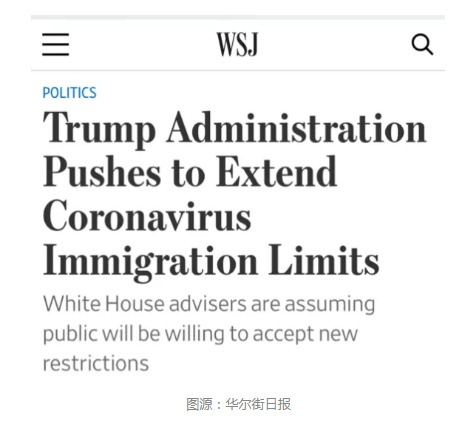
Now, all the rumors have been confirmed, and the Trump administration has finally taken action on the H-1B visa.
So who is directly affected by the ban?
If you meet all of the following conditions:
- Eastern Time on June 24th and was not in the United States;
- EST on June 24 without any valid nonimmigrant visa (regardless of category);
- No other valid U.S.-issued travel document (such as Advance Parole) as of June 24, Eastern Time
The following visas cannot be granted:
- H-1B or H-2B visa (and their H4 dependents);
- L visas (and their L2 dependents);
- J visas (including those participating in intern, trainee, teacher, summer camp counselor, domestic worker, or summer internship programs), and any foreign nationals accompanying them.
This entry restriction does not apply to the following persons:
- If you hold a valid visa and other entry documents (such as Advance Parole), you can still enter the country and it will not be affected;
- Lawful permanent residents/green card holders;
- Spouse or child of a U.S. citizen;
- Any alien seeking to enter the United States to provide temporary labor or services that are critical to the U.S. food supply chain;
- and any alien whose presence is deemed necessary in the national interest as determined by the Secretary of State, the Secretary of Homeland Security, or their respective designees.
Official reason: Give the jobs to us Americans
The reason given in the announcement signed by Trump for signing this order is:The COVID-19 pandemic has affected Americans' livelihoods, causing unemployment to rise, and some non-immigrant visa programs have posed a threat to American workers' job opportunities.
Therefore, the above measures are taken to protect unemployed Americans and give them priority in job opportunities.
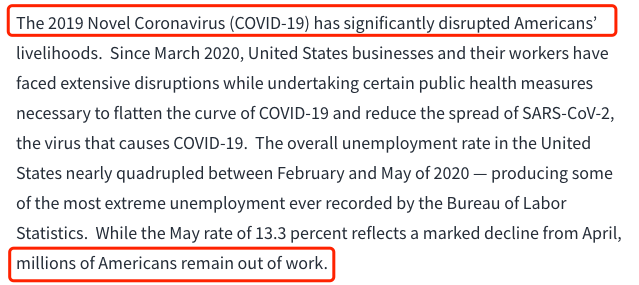
According to the U.S. Bureau of Labor Statistics, the overall unemployment rate in the United States nearly quadrupled from February to May 2020, and millions of Americans are still unemployed.
According to the Wall Street Journal's forecast, including 170,000 green card holders who were unable to enter the country in April,Once this ban takes effect, 525,000 people will be unable to enter the United States.
So, citing Trump administration officials, the initiative is an "America First Recovery" that could create 500,000 jobs for unemployed Americans.
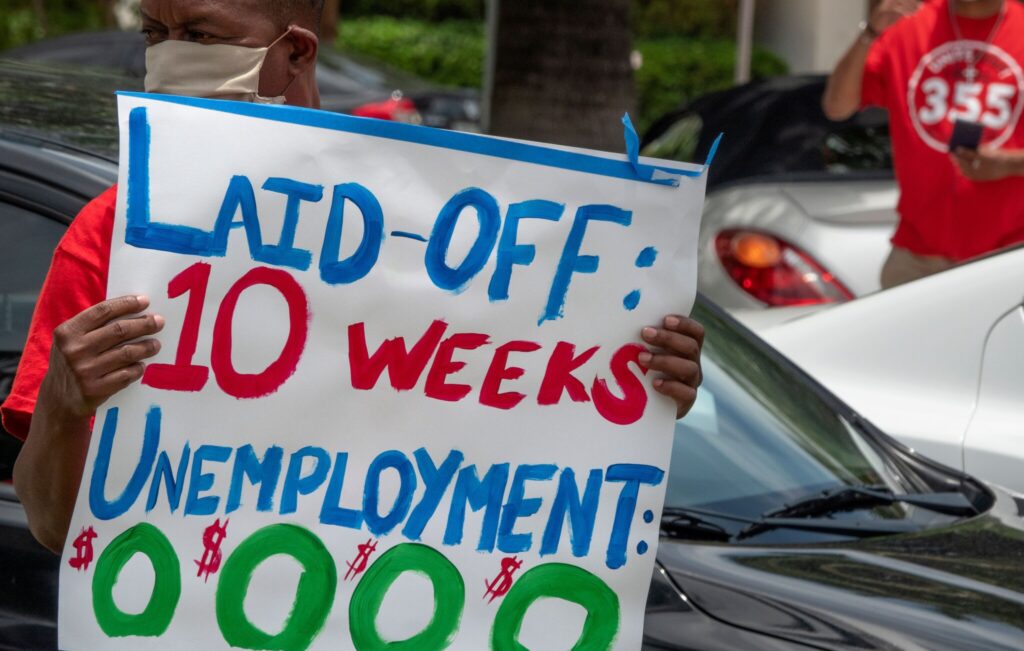
So, Trump believes that Americans are unemployed because foreigners have taken their jobs?
Bigwigs tweeted: Dissatisfied, disappointed
The signing of this order first caused dissatisfaction among the bosses of many technology companies in Silicon Valley, because it not only meant cutting off their important source of foreign labor, but also restricted the company's talent competitiveness and even forced the company to move its business overseas.
After the ban was introduced, many Silicon Valley bigwigs expressed their dissatisfaction on social media.
Andrew Ng tweeted early in the morning:
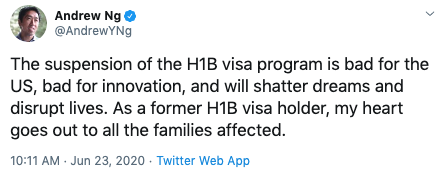
Suspending the H-1B visa program is bad for America, bad for innovation, and will crush dreams and destroy lives. As a former H-1B visa holder, my heart goes out to all the families affected.
Google CEO Pichai, who has benefited from immigration policies such as H-1B, was also disappointed with the ban:
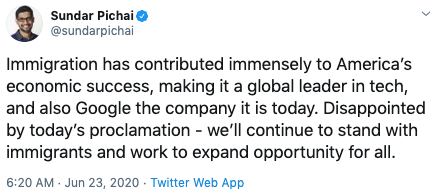
"Immigrants have contributed greatly to America's economic success, making the United States a global tech leader and making Google the company it is today. I am disappointed with the President's announcement today, and we will continue to stand with immigrants and work to expand opportunity for all."
Yann LeCun, the father of convolutional neural networks and winner of the 2019 Turing Award, even wrote a long article criticizing the ban:

I am an immigrant.
I first worked at Bell Labs on a J-1 visa because I thought I would only stay for a year or two. But I stayed longer and got an H-1B visa. Then I got my green card.
………
Now…. I have personally co-founded and managed academic institutions, industrial labs, and startups with hundreds of people. My research has contributed to the creation of an entirely new industry.
If Trump's crazy policies continue, American science and technology will be completely destroyed, which would be pure suicide.
H-1B visa: the cornerstone of Silicon Valley’s talent pool
Why has the suspension of the H-1B visa attracted so much attention? We need to understand its importance to American employers and foreign technical talents.
This visa is the main work visa category in the United States.Issued to foreign employees with professional skills employed by U.S. companies.A type of non-immigrant visa.
According to statistics,Three-quarters of H-1B visas in the United States are used in the technology industry.Silicon Valley technology companies mostly use this visa when recruiting overseas talent. Some people say that the H-1B work visa is the cornerstone of the talent pool for Silicon Valley technology companies.
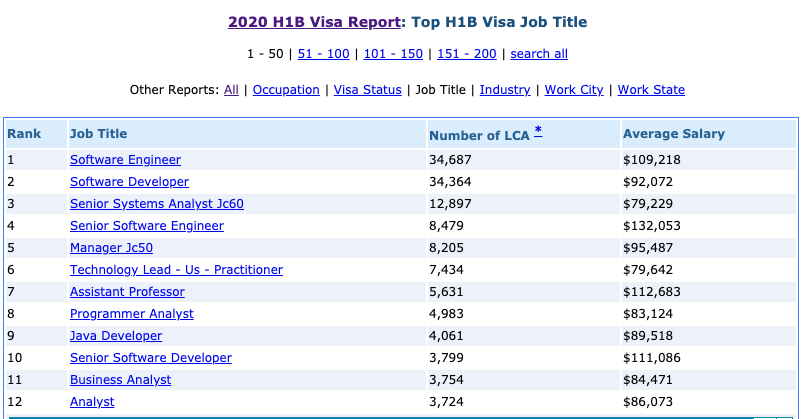
The United States issues 85,000 H-1B work visas each year.This includes a basic quota of 65,000 and an additional quota of 20,000, the latter specifically for those who have obtained a master's degree or above from an American school in the United States.
Therefore, the H-1B application also has a high threshold, and the qualifications required are as follows:
- You must have a minimum of a bachelor's degree or equivalent (if your diploma is from outside the U.S., it must be evaluated by a U.S. institution to determine if it is equivalent to a U.S. degree);
- Possess the required major for the job and have professional certificates/licenses/certificates to prove it.
- If you do not have the required diploma, any professional training and sufficient work experience can replace the academic qualifications. For example, if you only studied for one year at university but have three years of complete relevant work experience, you can also obtain the qualification.
But since Trump took office, he has been tightening this policy.Its rejection rate rose from 6% in 2016 to 32% in 2019.
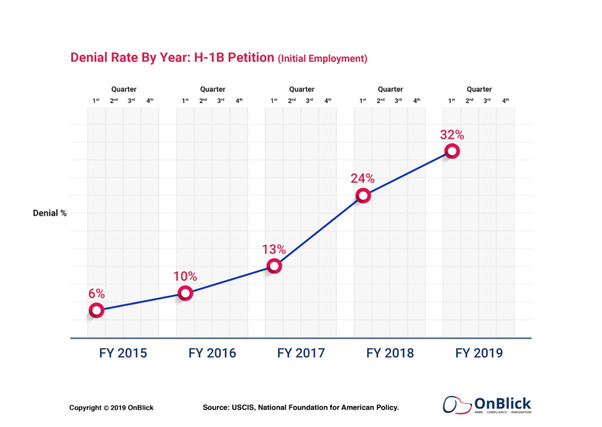
Is the ban aimed at India?
However, it is understood that the ban is actually mainly aimed at Indians.
Indian IT workers are one of the biggest beneficiaries of the H-1B visa system. According to data released by the US Immigration and Customs Enforcement on October 19, 2018, a total of about 420,000 people applied for H1B visas in fiscal year 2018.Among them, Indian applicants accounted for 74%.
In Silicon Valley, one-third of engineers are Indian. So when the news came out, Indians on the Internet complained.
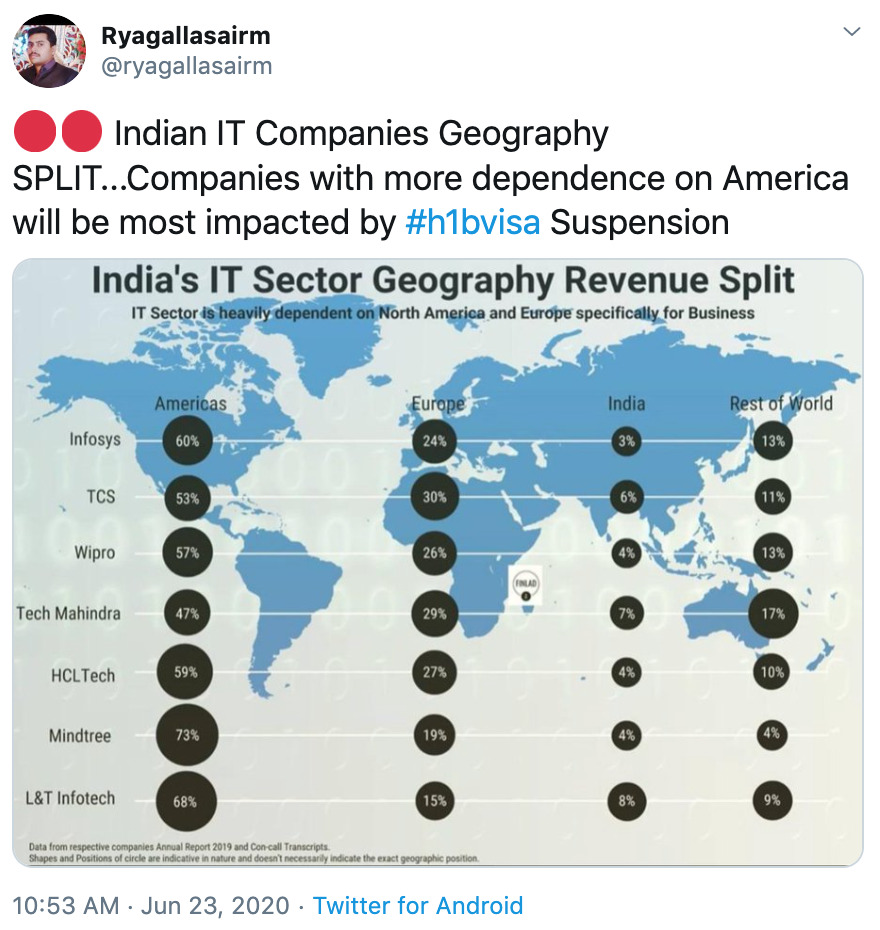
@Ryagallasairm: Indian IT companies, which are more dependent on the US, will be most affected by the ban.

@Prateek Mishra: Well, Indian govt spent tons of money on "Namaste Trump" welcome party, Trump responded with H1B visa ban.

@Tapabrata Mukherjee: Sundar Pichai should go back to India and start developing an alternative to Google. No need to feel sad! Why do people still go to the US? Let Americans stay there and make our country prosperous.
In fact, in India, some people who do not have high education but want to work in the United States,Often rely on ICC (IT Consulting Company), commonly known as "Indian outsourcing company", also known as "Indian coder agency",Similar to a headhunting company.
ICC has connections with many large American companies. Once these large companies confirm, ICC will push the resumes of suitable talents to them. After the recommendation is successful, ICC will also help solve a series of problems such as visas, and then take a commission from the salary.
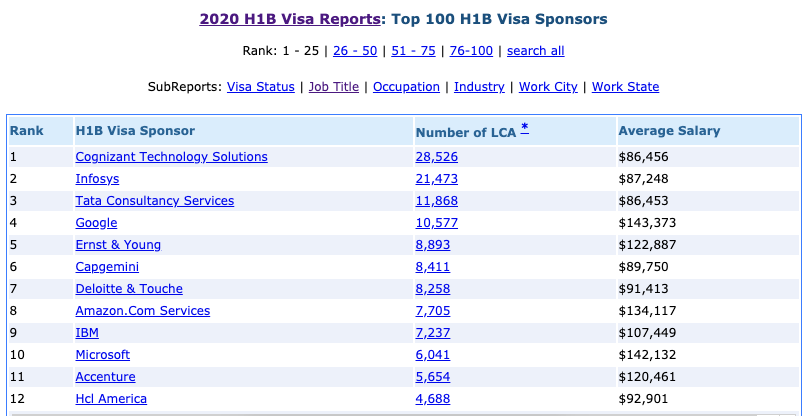
However, in order to increase the chances of winning the lottery, ICC companies often resort to speculative tactics and exploit legal loopholes.
For example, resume fraud, multiple companies submitting applications for the same applicant to increase the chance of winning, etc. Therefore, many people are also very dissatisfied with ICC companies grabbing H-1B quotas.
However, it is understandable that this ban has caused dissatisfaction among Indians. After all, Indian engineers have made great contributions to the development of American high-tech.
-- over--


